Partnership & Grantee Highlights
Cornell University Chemical Ecology Core Facility
Providing pesticide residue testing services for researchers and the public
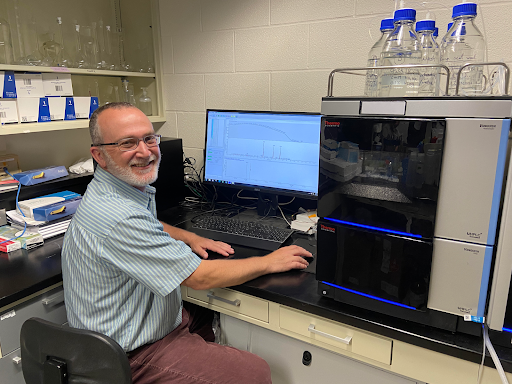
The Cornell Chemical Ecology Core Facility (CCECF) provides pesticide residue analysis for researchers, beekeepers, farmers, government agencies, and numerous stakeholders organizations and individuals throughout North America. The lab is capable of analyzing bees, pollen, wax, propolis, soils, leaves, fruits, silicone bands, and bird blood. With One Hive funding, the CCECF completely overhauled its multi-residue pesticide method, making it more sensitive and broadening its target range. The revamped method now quantifies 102 pesticides, with most detection limits below 1 part per billion (ppb).
One Hive also supported a top-tier service contract for its LCMS, a new GCMS and HVAC updates scheduled for fall 2025. This GCMS will allow the lab to quantify additional pesticides that are challenging to measure with LCMS, such as pyrethroid insecticides, certain organophosphate insecticides, and several commonly used fungicides
For more information, please visit the CCECF website.
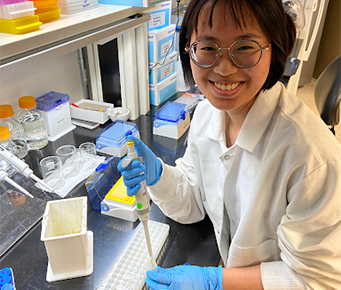

One Hive also supported a top-tier service contract for its LCMS, a new GCMS and HVAC updates scheduled for fall 2025. This GCMS will allow the lab to quantify additional pesticides that are challenging to measure with LCMS, such as pyrethroid insecticides, certain organophosphate insecticides, and several commonly used fungicides
For more information, please visit the CCECF website.
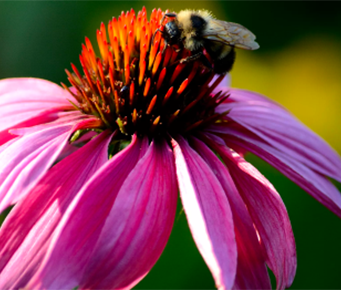 10.11.2024
10.11.2024
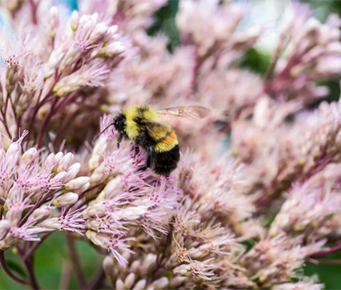 10.11.2024
10.11.2024
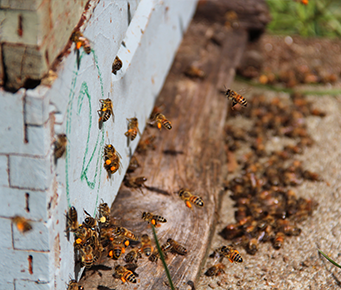 10.11.2024
10.11.2024